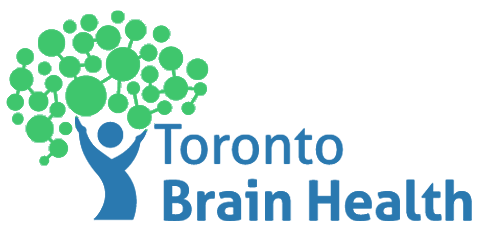Are memory changes normal with age — or a sign of dementia? Learn the difference between age-related memory loss and early dementia. Understand when to seek a neuropsychological evaluation in Toronto.
Didn’t find what you’re looking for?
How a Psychologist Can Help You Better Manage Anxiety
The symptoms of anxiety can be so frightening, that people will do almost anything to avoid them. They begin to avoid people, places and activities that trigger these symptoms. Unknowingly, some of the strategies people use to try to manage anxiety such as excessive rest, avoiding triggers, and consuming recreational drugs and alcohol, may work in the short-term, but actually worsen anxiety symptoms in the long-term. Cognitive behavioral therapy (CBT) is a form of therapy that has a solid grounding in science, with proven effectiveness in treating anxiety-related disorders such as Panic Disorder, Generalized Anxiety, Health Anxiety, Social Anxiety, Agoraphobia, and Specific Phobias.
Why see a neuropsychologist after sustaining a concussion
Neuropsychologists, as well as physicians, can diagnose concussions. Neuropsychologists can further provide a comprehensive evaluation of psychological and neurocognitive symptoms after injury. Barriers to recovery are identified during initial assessment. These barriers can include low mood, irritability, anxiety, trauma, exacerbation of some or all pre-injury mental health conditions, headaches, other ‘traveling pain’ in the body or head, sleep disruption, overfocusing on symptoms and related difficulties, avoidance (e.g., screens, activities, lights, noise), low stress tolerance and most importantly misinformation about concussion and recovery. As part of treatment, neuropsychologists can determine return to work readiness, create a return-to-work plan together with your input, and provide you with guidance over the course of your return-to-work plan to increase the likelihood of a successful return in the short and longer term.



